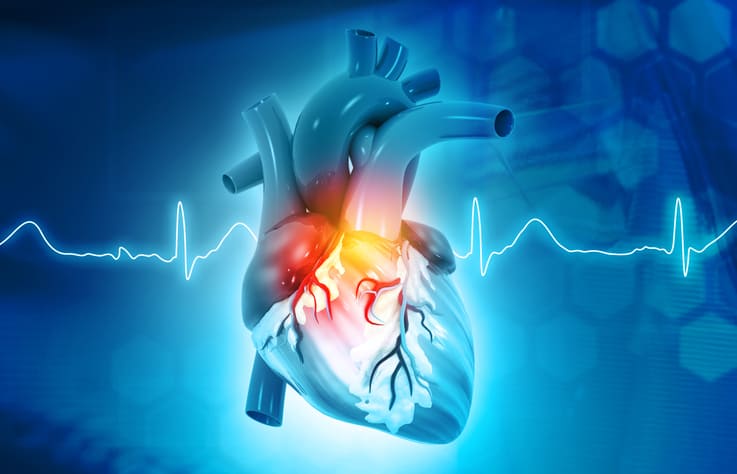Atherosclerosis is an inflammatory disease causing a vast array of cardiovascular diseases. Adipophilin has been reported to be highly expressed in atherosclerotic lesions. This study investigated the possible existence of auto-reactive T cells against an HLA-A02-restricted adipophilin-derived peptide as well as peptides from Epstein-barr virus (EBV), Cytomegalovirus (CMV) and influenza (Flu) virus in patients with atherosclerosis.
HLA-A02 expression on peripheral blood mononuclear cells (PBMCs) was examined by flow cytometry. PBMCs from HLA-A02 individuals were stimulated with adipophilin, CMV, EBV, and Flu peptides at a concentration of 10 µM. Interferon (IFN)-γ production was evaluated in the culture supernatant using a commercial ELISA test.
The levels of IFN-γ production against an HLA-A02-restricted adipophilin peptide and peptides from CMV, EBV, and Flu revealed no statistically significant differences between patients and healthy controls. However, we found a positive correlation between IFN-γ production against adipophilin and Body mass index (BMI) of patients (R = 0.8, P = 0.003), whereas no significant correlation was found in healthy controls (R = -0.267, P = 0.378). No correlation between BMI and IFN-γ production against CMV, EBV, or Flu peptides was found.
Atherosclerotic patients with higher BMIs might have greater numbers of T cells against adipophilin that is highly expressed in atherosclerotic plaques. Therefore, autoimmune reactions may have a greater role in the development of atherosclerosis in individuals with higher BMI.
T cell responses to an HLA-A2-restricted adipophilin peptide correlate with BMI in patients with atherosclerosis.


